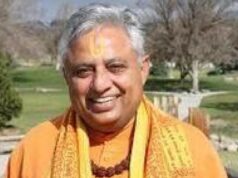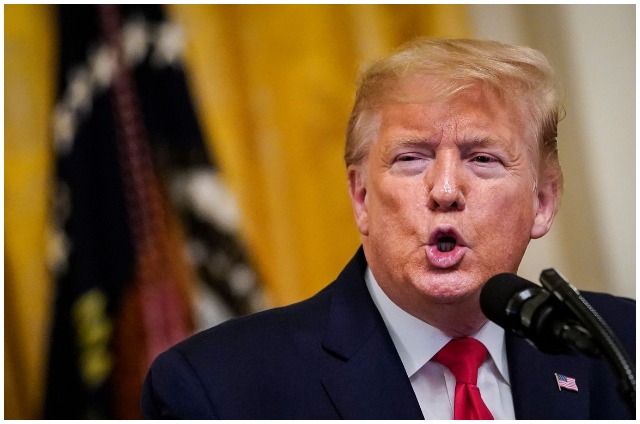

Washington (dpa) – US President Barack Obama warned Chinese President Xi Jinping Friday that the hacking of US companies must stop, as the two leaders agreed not to engage in government-sponsored theft of intellectual property and business secrets in cyberspace.
“I raised, once again, our rising concerns about growing cyber-threats to American companies and American citizens. I indicated that it has to stop,” Obama said.
Xi was honoured with a rare state dinner later Friday.
The US and China agreed to not “conduct or knowingly support” cyber-theft of intellectual property or other business information, and will work together to develop “appropriate norms of state behaviour in cyberspace within the international community.”
The US has long raised concerns about Chinese government-backed hacking of US companies. Beijing has also been blamed for the mass hacking of millions of US government personnel records.
Friday’s announcement fell short of an agreement that had reportedly been under consideration on cyberspace arms control.
“What I’ve said to President Xi and what I say to the American people is, the question now is, are words followed by actions?” Obama said. “And we will be watching carefully to make an assessment as to whether progress has been made in this area.”
Xi spoke of his desire to make cyber-security an area of cooperation rather than confrontation.
“We need to strengthen cooperation and avoid leading to confrontation, and nor should we politicize this issue,” he said.


Xi and Obama – who preside over the world’s two largest producers of carbon emissions – also signalled their determination to push for an ambitious world climate deal in December with new goals.
Xi confirmed China’s plan to take its localized carbon trading system to the national level by 2017, and committed to matching the US contribution of about 3 billion dollars to help poorer countries adapt to global warming.
The US and China also agreed to implement new fuel efficiency standards for heavy-duty vehicles by 2019, a sector of the transport branch that has not yet been widely addressed.
On the economic front, the leaders agreed to step up efforts to reach a bilateral investment treaty to level the playing field for US companies seeking to invest in China.
Xi agreed to accelerate market reforms, avoid devaluing the yuan and help to uphold the international rules-based system.
At the state dinner, Obama and Xi honoured the ties between their nations with toasts.
“I know that some in both countries and around the world question whether we can sustain the cooperation that we need and the world needs,” Obama said. “I think we can draw encouragement from the ties that have long connected our people.”
Xi said the two countries should continue to respect and learn from each other, and called for a “new historic chapter in US-China relations.”
He said he had learned on his visit to the US that the American people have a lot of goodwill towards the Chinese people.
“I want to assure you that such goodwill is fully reciprocated by the Chinese people,” Xi said.
The meeting came at a time of increasing economic uncertainty for China.
The benchmark Shanghai index recently lost all the gains it had made in 2015, sparking a round of panic selling by investors around the world, while the country’s surprise devaluations of the yuan in August raised fears of a currency war.
The honouring of Xi with a state visit prompted outrage from human rights groups, and protesters in a nearby park could clearly be heard during the press conference in the White House Rose Garden.
Obama said he had raised US concerns, including about the treatment of Tibetans, freedom of assembly and expression, freedom of the press and religion and the importance of allowing nongovernmental organizations and journalists to work freely.
The presidents also disagreed on Beijing’s actions in the South and East China Seas, with Xi pointedly declaring disputed islands “China’s territory” and vowing to uphold its interests.
Obama said the US stands by the territorial claims of its regional allies, including Japan, South Korea and the Philippines.










